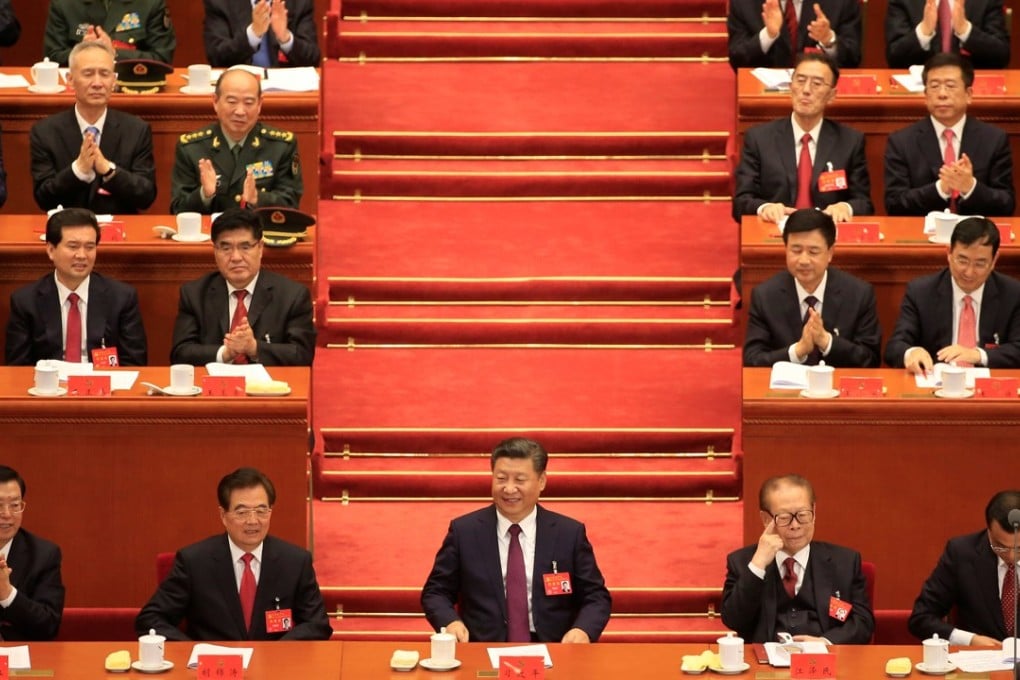Xi launches new era with vision in which Hong Kong has part to play
As the president looks to a ‘great modern socialist nation’ with pioneering global influence, obstacles remain on the home front and neighbours need assurances on China’s growing military might

He outlined a vision with two targets. By 2035, China would become a top-ranked innovative nation projecting enhanced global soft power, with a large middle-income population and a narrower wealth gap. From 2035 to 2050, China would become a “great modern socialist nation” – strong, prosperous and democratic – with pioneering global influence.
In a more detailed vision for the country’s development over the next five years and even longer, Xi admitted obstacles, such as unfairness and inequity as people strive to improve their lives and their aspirations broaden: “The principal contradiction facing Chinese society [is] between unbalanced and inadequate development and the people’s ever-growing needs for a better life … Not only have their material and cultural needs grown, their demands for democracy, rule of law, fairness and justice, security, and a better environment are increasing.”
To lead by example
Xi’s vision of China is a continuation of Mao Zedong’s era of the development of an independent nation state free of foreign occupation, and Deng Xiaoping’s era of setting aside political controversy to focus on opening up, building up the Chinese economy and lifting the standard of living. But enriching people is not enough to return China to the front line of great powers.
Xi’s two-stage vision is the ultimate fulfilment of the visions of his two eminent predecessors. They go beyond transforming China into a global powerhouse of innovation to quality-of-life issues, such as ensuring that by 2035 no Chinese need live in poverty, rolling back pollution of air and water, and strengthening the rule of law and the governance of the nation. By 2050 the vision is of a China that no longer plays catch-up but is expected to lead by example.